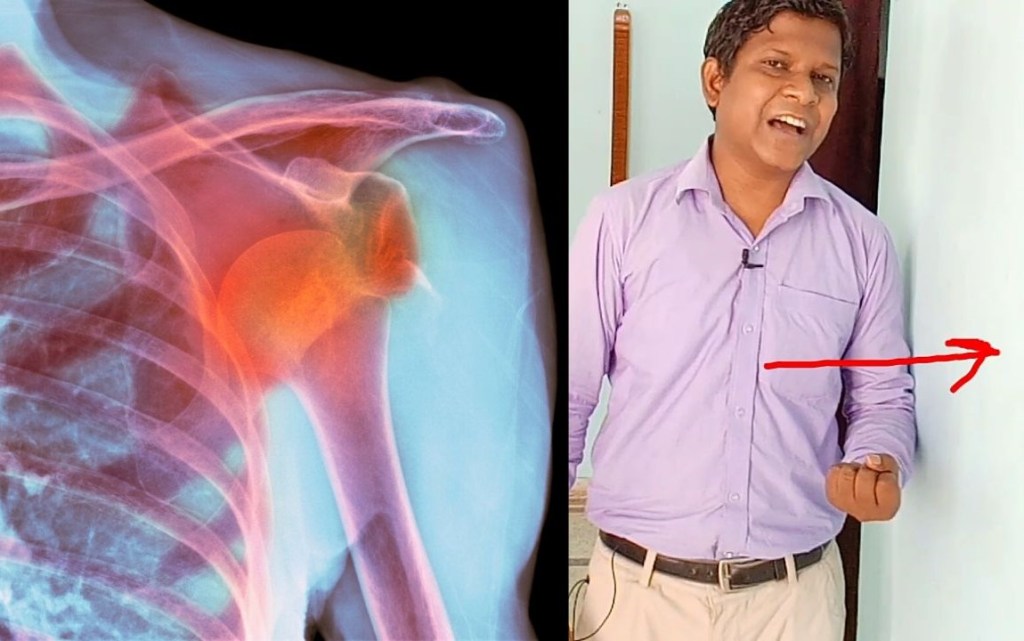Last updated on July 3rd, 2025 at 05:11 pm

If you are a psoriatic arthritis sufferer and receiving treatment with TNF inhibitors then there is no point of worrying about an increased risk of developing cancer. According to the latest study presented at Annual European Congress of Rheumatology (EULAR 2019), there is no link between cancer and tumor necrosis factor inhibitor (TNFi) use in psoriatic arthritis.
The European League against Rheumatism (EULAR) is the European umbrella organisation representing scientific societies, health professional associations and organisations for people with RMDs (Rheumatic and musculoskeletal diseases).
Research methodology
The study analyses the risk of primary cancer in over 8,000 TNFi-treated psoriatic arthritis patients from Sweden, Denmark, Iceland, and Finland.
TNF Inhibitors are biologics (medicine created inside a living cell) that helps in blocking or inhibiting the TNF (Tumour Necrosing Factors). TNF is believed to be responsible for systemic inflammation in rheumatism. In one of our article, we have already discussed TNFi can help person suffering for ankylosing spondylitis.
This population-based cohort study includes 5,218, 2,039, 270 and 526 TNFi-treated psoriatic arthritis patients from ARTIS (Sweden), DANBIO (Denmark), ICEBIO (Iceland), and ROB-FIN (Finland) respectively.
Psoriatic arthritis patients were followed from first registration with TNFi-treatment and linked to the national cancer registry in each country (patients with a history of cancer were excluded).
The cancer rates were compared with the general population standardised to age, sex and calendar period within each country. Standardised incidence ratios were estimated for both any cancer and site-specific cancers of interest.
Results of study
Fortunately results of the study demonstrated that there is no increase in risk of all cancer, as well as site specific cancers including colorectal, lung, malignant melanoma, pancreas, brain, female breast, endometrial, and prostate.
There was a significant increase in malignant lymphomas observed within the trial (standardised incidence ratio: 1.84, 95% confidence interval: 1.20-2.82). However, it is not clear if this is due to the psoriatic arthritis disease or the TNFi treatment.
There is limited data on lymphoma risk in psoriatic arthritis, however, an excess risk has been reported for several other chronic inflammatory rheumatic diseases with a well-established doubled average risk in patients with rheumatoid arthritis.
“Our study provides convincing evidence that the use of TNF inhibitors does not increase the risk of overall cancer in patients with psoriatic arthritis,” said Professor Lene Dreyer, Aalborg University Hospital, Aalborg, Denmark. “Further analysis is needed to assess whether the observed increase in malignant lymphomas is due to the psoriatic arthritis disease or the TNFi treatment.”
Reference
- No link between cancer and tumour necrosis factor inhibitor (TNFi) use in psoriatic arthritis, Annual European Congress of Rheumatology (EULAR 2019) Madrid, Spain, 12-15 June 2019 2019.https://www.eular.org/sysModules/obxContent/files/www.eular.2015/1_42291DEB-50E5-49AE-5726D0FAAA83A7D4/02_abstract_op0005_tnfi_and_cancer_in_psoriatic_arthritis_final.pdf. Accessed June 13, 2019.
The author is a physiotherapist who has been practising for the last 17 years. He holds a Bachelor's in Physiotherapy (BPT) from SVNIRTAR (Swami Vivekananda National Institute of Rehabilitation and Research), one of the prestigious physiotherapy schools in India.
Whatever he learns dealing with his patient, he shares it with the world through blogs and e-books. He also owns a YouTube channel, "Sunit Physiotherapist" with over 8 lakh active subscribers. Here, he shares everything he gets to learn serving the patient.






Pingback: Biologics for Ankylosing Spondylitis: Everything you should know : Physiosunit